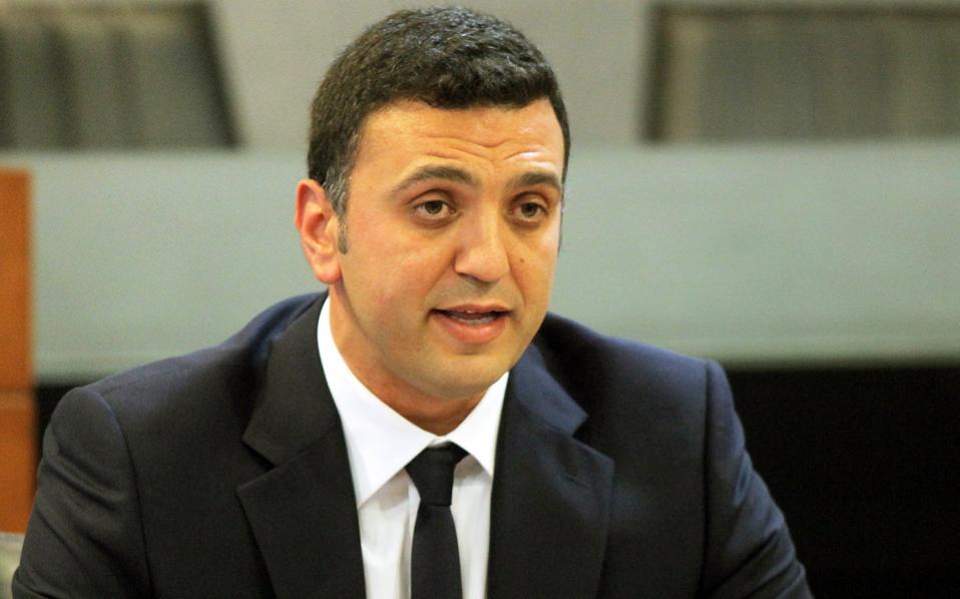The European Union’s current Budget negotiation has been one of the longest and most contentious to date.
What started out as a seemingly normal Commission proposal back in May 2018, turned into a battle between two of the EU’s three institutions, after the pandemic swept through the continent and rewrote the rules of nearly everything it touched.
Despite long-term concerns always being there over the respect for rule of law in countries like Hungary and Poland, the issue has now become key to MEPs demands in moving forwards with the EU’s long-term budget for 2021-2027.
This has meant that the future of the continent’s economic health is being held hostage to negotiations, which are at loggerheads, between the European Parliament and European Council.
All of this can at times be difficult to understand, so what is actually going on with it?
Well, in July, after four days of wrangling, European leaders finally reached an historic agreement on how much the EU can spend over the next seven years.
This total was set at €1.8 trillion, of which, €750 billion is for the coronavirus recovery fund, otherwise known as Next Generation EU.
The rest of the money, €1.074 trillion, makes up the EU’s long-term budget – the Multiannual Financial Framework (MFF).
The European Parliament, however, fears that the current proposal is draining resources from the bloc’s other initiatives, such as education, innovation, and the flagship Erasmus program for students.
MEPs have instead presented an increase to the Budget’s ceiling by €39 billion, which Spanish MEP, Jonas Fernandez, believes is a fair compromise.
“I believe that European citizens support the position of the European Parliament. I think it is possible to have an agreement by the end of the year, but we need to know to what extent the Council intends to stick to the proposal that was agreed in July, instead of opting for a more ‘Europeanist’ stance that Parliament is aiming for,” Fernandez explained.
But many EU governments are reluctant to put more money on the table, especially since the Budget agreement in July was made after intense negotiations.
That leaves the thorny issue of the rule of law.
MEPs are asking that money from the recovery fund is linked to the respect by governments to the rule of law and Europe‘s democratic values.
But Hungary and Poland, are threatening to block the whole package if this conditionality is attached to any EU funds, as they believe they are respecting the rule of law.
This is where the deadlock lies, so how can this problem be solved?
Marta Pilati, a policy analyst at the European Policy centre explained to Euronews how it might be overcome.
“Usually the way the EU works is that there are tweaks and changes to the language of this mechanism, so that everyone can claim victory, let’s say. But it’s true that this time around the European Parliament is very proactive in sending its position, so I can see that these negotiations will be complicated for a little while,” Pilati said.
The budget and recovery fund won’t officially be on the table during October’s EU leaders’ summit, but the longer an agreement is stalled, the longer European citizens will be without the vital money they need to help them through this pandemic.














